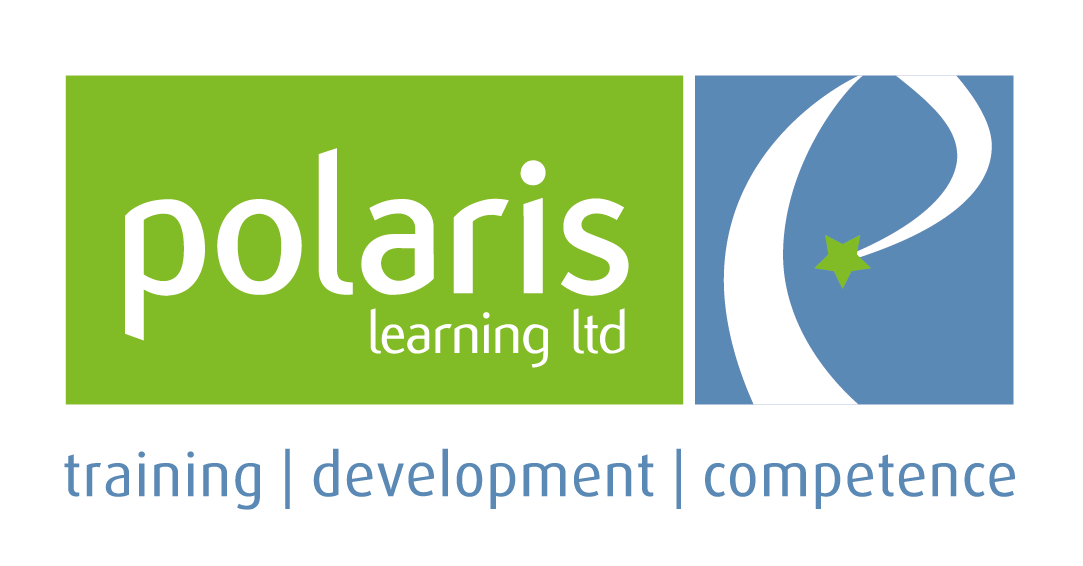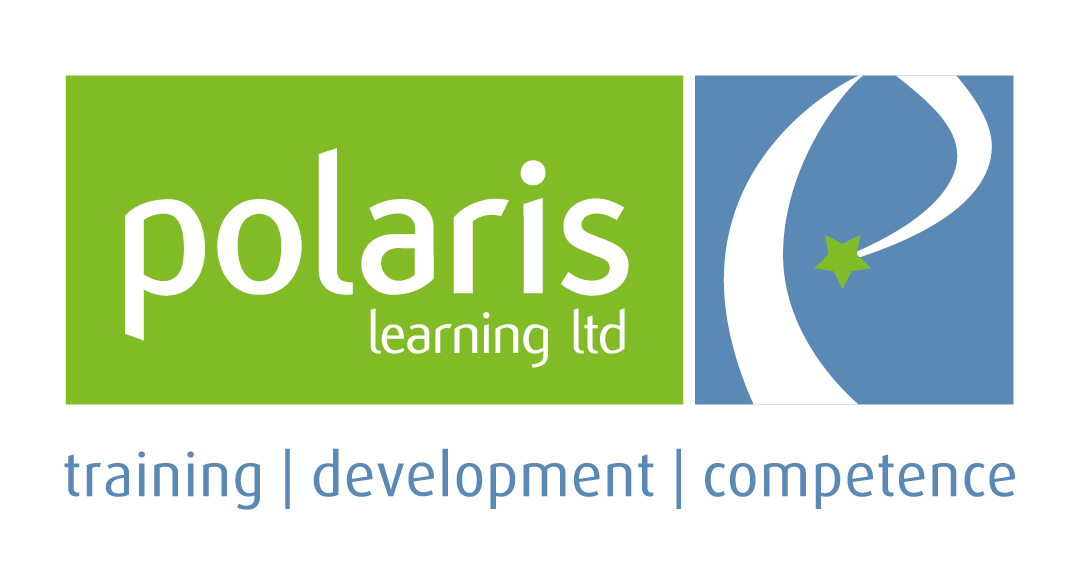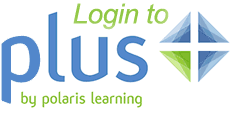

Our Leadership Workshops are designed to provide practical and impactful learning experiences for leaders at every stage of their development. Whether you’re stepping into a leadership role for the first time or looking to enhance your skills to meet evolving challenges, these workshops will equip you with the essential tools to lead with clarity, confidence, and resilience. Each workshop is delivered in a focused half-day (0.5 day) or full-day (1 day) format, offering a balance of theory, practical exercises, and actionable takeaways.
Covering areas such as communication, resilience, team dynamics, performance management, and strategic leadership, our workshops are designed to meet a range of development needs. Explore the available workshops below to find the right topics for your leadership journey.
This workshop provides an introduction to coaching and training in the workplace. It is designed to develop the knowledge and skills required to effectively support others in their learning and development. The workshop covers key frameworks, including the GROW model for goal-setting and the EDIP method for structured learning, helping participants create clear, supportive learning plans.
The outcome is a practical understanding of how to facilitate learning, improve performance, and foster ongoing development. This workshop is ideal for supervisors, team leaders, or anyone responsible for developing others within their role.
This workshop introduces the core principles of coaching and mentoring in the workplace. It focuses on developing practical skills to support employee development and performance through coaching, and to guide and advise through mentoring. Participants will learn different coaching styles, key skills, and effective use of coaching tools such as the GROW model.
The workshop also covers the benefits and challenges of coaching and mentoring, preparing participants to create supportive environments that foster continuous improvement and career growth. This session is suitable for operational managers and leaders who are responsible for developing and motivating teams.
This workshop develops effective communication and coaching skills in the workplace. It focuses on understanding communication styles, overcoming barriers, and using active listening and questioning techniques to improve clarity and engagement. Participants will learn to adapt their communication to suit different situations and individuals.
Additionally, the workshop covers one-to-one coaching, including the use of practical coaching tools such as the GROW model and learning styles. This session is suitable for managers and leaders seeking to enhance their communication, develop their teams, and improve overall performance.
This workshop brings together four key leadership capabilities: effective communication, managing conflict, negotiation, and performance management. It is designed to help participants understand different communication styles, overcome barriers, and apply active listening and questioning techniques.
The workshop also explores conflict and negotiation strategies, equipping participants to handle difficult conversations and navigate change more confidently. The final section focuses on building strong performance management practices, from setting SMART objectives to giving constructive feedback. This workshop is ideal for team leaders and managers looking to strengthen relationships and improve team performance.
This workshop focuses on understanding and managing conflict in the workplace. It explores the causes, signs, and stages of conflict, helping participants recognise and address issues before they escalate. Practical tools and models are introduced to support positive conflict resolution and foster healthier working relationships.
The session also covers negotiation techniques, including how to prepare, communicate clearly, and reach win-win outcomes. Suitable for anyone in a supervisory or leadership role, this workshop builds confidence in handling difficult situations constructively and encourages open, respectful dialogue across teams.
This workshop focuses on developing confident and effective decision-making skills. It covers structured models for problem-solving and introduces tools to evaluate options and take decisive action, even under pressure. Participants will explore different types of workplace problems—deviation, potential, and improvement—and how to approach each with clarity.
The session also introduces creative and logical thinking strategies, including decision hats and scenario-based exercises, to strengthen analytical skills and judgement. This workshop is ideal for team leaders and managers who want to improve how they assess risk, prioritise actions, and make decisions that protect and support their teams and organisation.
This workshop focuses on strengthening both personal and organisational resilience to manage unplanned, complex, and high-pressure situations. It introduces the foundations of human resilience—psychological, emotional, and physical—and explores how individuals can build awareness, regulate stress, and develop practical coping mechanisms.
Participants will also assess organisational resilience, including how to identify risks, respond to incidents, and lead with confidence and ethical clarity. With a strong focus on values, decision-making, and sustainable behaviours, this session is ideal for those looking to enhance wellbeing, maintain performance, and prepare teams for future challenges.
This workshop is designed to help individuals build the knowledge and techniques needed to develop personal resilience. It explores what resilience means in practice and how to manage stress, emotions, and challenges through self-awareness, emotional intelligence, and healthy coping strategies.
Participants will also learn how to apply decision-making models, strengthen personal adaptability, and improve problem-solving in high-pressure situations. This workshop is ideal for individuals who want to boost their confidence, remain composed in the face of adversity, and thrive both in and outside of the workplace.
This workshop explores what it means to lead effectively, focusing on leadership roles, behaviours, and the impact of leadership styles. It equips participants to build trust, foster psychological safety, and lead with authenticity and awareness. The session also examines how leaders can meet the needs of individuals and teams while driving collective performance.
In the second half, the workshop connects leadership to organisational strategy and values. Participants reflect on how personal leadership styles align with company culture and goals, and how values such as respect, collaboration, and accountability are essential to building strong, effective teams.
This workshop develops financial and commercial awareness for leaders responsible for operational and strategic decisions. It focuses on understanding key financial concepts such as budgeting, cash flow, cost behaviour, asset management, and profitability—enabling leaders to interpret financial reports and manage resources effectively.
Participants will also explore how commercial decisions impact the wider business, including competitive positioning, deal-building, and customer lifecycle management. This workshop is ideal for managers who need to strengthen their financial judgement and lead with greater commercial insight.
This workshop builds essential communication skills for leaders and managers. It focuses on understanding different communication styles and processes, recognising common barriers, and improving clarity and confidence when interacting with teams.
Participants will also develop key techniques such as active listening and effective questioning, helping them to communicate purposefully, reduce misunderstandings, and build stronger working relationships. This workshop is ideal for those looking to enhance collaboration, lead more effectively, and create a more open and productive team culture.
This personalised workshop is tailored for leaders looking to deepen self-awareness and enhance their leadership impact through one-to-one development. It explores motivation, communication styles, conflict responses, and intergenerational dynamics using tools like the Strength Deployment Inventory (SDI).
Participants gain insights into their behavioural drivers, biases, and decision-making preferences, building stronger interpersonal skills and a more authentic leadership style. Ideal for individuals in leadership roles, this workshop provides focused time to reflect, develop, and apply strategies for more effective, confident leadership.
This workshop introduces the fundamentals of mentoring and the skills required to be an effective mentor in the workplace. It explores key responsibilities of both mentor and mentee, with a focus on building trust, setting clear expectations, and supporting professional development.
Participants will examine their own motivations and behaviours using tools such as the SDI (Strength Deployment Inventory), while developing core mentoring skills including communication, active listening, empathy, and feedback. This workshop is ideal for those new to mentoring or looking to formalise their approach in a structured, supportive way.
This workshop explores the core functions and qualities of effective leadership, helping participants understand their own leadership style and how it impacts their teams. It covers key areas including managing activities, information, people, and resources, while also looking at the difference between leadership and management roles.
The session also focuses on motivation—what drives individuals at work, how to create the right environment, and how leadership style influences engagement and performance. Using practical models like Maslow’s hierarchy and emotional intelligence, this workshop helps leaders build motivated, high-performing teams that are aligned with organisational values and goals.
This ILM Recognised programme is designed to develop confident, capable leaders with the practical skills to manage people, performance, and change effectively. The course covers key leadership functions, including managing activities, people, information, and resources, while encouraging self-reflection on personal leadership style and impact.
Participants explore how to communicate clearly, lead by example, motivate teams, handle conflict, and drive continuous improvement. With a focus on real-world leadership challenges and organisational values, this workshop supports leaders in developing the confidence, awareness, and tools to lead with purpose and accountability.
Ideal for supervisors, team leaders, and aspiring managers.
This workshop equips leaders with the practical skills, tools, and mindset needed to plan, lead, and embed change successfully. It introduces core models such as Lewin’s three-step approach and Force Field Analysis, and covers how to manage resistance, communicate vision, and align people around shared goals.
Participants explore the human and organisational aspects of change, including the emotional impact, barriers to progress, and how to build commitment across teams. The course also focuses on practical planning tools such as SWOT, logic diagrams, and Gantt charts. Ideal for managers involved in delivering or supporting change within their organisation.
This workshop helps leaders understand what makes a team truly high performing. Participants explore the differences between groups and teams, the stages of team development, and the behavioural dynamics that influence success. Models such as Tuckman’s team development stages and Belbin’s Team Roles are used to assess current team effectiveness and identify development needs.
The session supports leaders in building trust, clarity, accountability, and motivation within their teams. It also covers why teams fail and how to address common barriers to performance. Ideal for anyone responsible for leading or developing a team, this workshop offers a practical route to unlocking team potential.
This workshop helps leaders understand how to manage performance effectively, both informally through day-to-day feedback and formally through structured reviews and appraisals. It covers the purpose and benefits of performance management, from improving individual contribution to aligning team objectives with wider organisational goals.
Participants will explore how to set SMART objectives, give timely and constructive feedback using models like AID, and manage poor performance with clarity and fairness. This workshop is ideal for managers and team leaders seeking to build a culture of continuous improvement, engagement, and accountability across their teams.
This two-part workshop provides leaders and managers with the tools and confidence to handle conflict and support resolution through effective mediation techniques. Covering both individual and group mediation, the course explores the roots of conflict, stages of escalation, and how to intervene constructively.
Participants learn how to recognise communication styles, build trust, facilitate open dialogue, and guide parties towards resolution using structured mediation processes. Key models such as Tuckman’s team development and Jung’s communication styles are explored, alongside clean questioning techniques and behaviour management strategies.
Ideal for those responsible for maintaining a positive team dynamic and resolving disputes fairly.
This workshop helps supervisors and team leaders understand the importance of maintaining consistent quality standards and monitoring operational progress effectively. It covers what ‘quality’ means in different contexts, the need for defined standards, and the impact of quality on customer satisfaction, safety, compliance, and business reputation.
Participants explore the tools and procedures used to uphold quality—such as HACCP, audits, and documentation—and how to identify root causes of issues. The course also emphasises accurate reporting, traceability, and due diligence. Ideal for those responsible for overseeing production or service delivery, this workshop strengthens confidence in applying quality assurance processes across the business.
This workshop equips supervisors and team leaders with the practical tools and approaches needed to plan work effectively, allocate tasks appropriately, and manage time efficiently. It explores the importance of time management, prioritisation, and scheduling, helping participants identify where time is lost and how to improve productivity.
Key areas covered include common workplace time traps, delegation techniques, setting clear objectives, and using tools to track and manage interruptions. The session also addresses how to balance workload across a team and use delegation to empower others. This workshop is ideal for those seeking to improve their organisation, reduce inefficiencies, and lead with greater clarity and control.
This workshop provides practical tools and strategies to help individuals take control of their time, improve focus, and work more effectively. It explores common time-wasting traps such as crisis management and procrastination, and introduces methods for identifying priorities and planning workloads.
Participants learn how to distinguish between urgent and important tasks, manage interruptions, and delegate effectively. With a strong focus on improving personal productivity and reducing stress, this session is ideal for anyone looking to boost performance, regain control of their day, and create better work-life balance.
This workshop develops practical skills for identifying, analysing, and resolving problems in the workplace. It introduces both rational and creative problem-solving approaches and guides participants through proven tools including the 5 Whys, Fishbone (Ishikawa) diagrams, and Edward de Bono’s Six Thinking Hats.
Participants will learn how to identify root causes, implement corrective and preventative actions, and plan solutions effectively. The session also explores how to evaluate potential causes, create action plans, and verify success. Ideal for managers, team leaders, and operational staff responsible for resolving issues and driving continuous improvement.
This workshop builds core knowledge and skills in planning, managing, and delivering successful projects. It introduces key concepts such as the project life cycle, business case development, scheduling, risk management, stakeholder engagement, and effective handover and closure.
Participants will explore practical tools and models to support decision-making, manage conflict, and maintain control over time, scope, and resources. The session also covers how to align project planning with team dynamics and organisational goals. Ideal for those who manage or support projects, this workshop provides a structured, real-world approach to managing projects from start to finish.
This workshop helps participants strengthen relationships with both internal and external customers by improving communication, understanding motivation, and recognising the different needs of stakeholders. It explores how to communicate more effectively across departments and generations, manage conflict, and deliver meaningful customer service.
Participants will gain insight into customer expectations, carry out SWOT analyses to evaluate current service levels, and identify improvement areas. Tools such as active listening, questioning techniques, and negotiation models are introduced. Ideal for teams looking to improve engagement, service quality, and alignment across stakeholder relationships.
This workshop equips leaders with a clear understanding of how to plan strategically and set meaningful objectives that drive performance. It introduces key frameworks such as SWOT, PESTLE, and Porter’s Five Forces to help participants assess both internal capabilities and external market pressures.
Participants will learn how to set strategic objectives, align them across departments and teams, and monitor progress using KPIs and performance reviews. The session also explores leadership roles in change, communication, and creating high-performing teams. This workshop is ideal for managers and future leaders responsible for driving business direction and long-term success.
This workshop explores how to build and support high-performing teams through effective planning, development, and delegation. Participants review team dynamics, stages of team development (using Tuckman’s model), and the key attributes that contribute to a successful team environment.
The session also covers how to set meaningful team objectives aligned with wider organisational goals, and how to delegate tasks in a way that supports individual growth and collective performance. Ideal for leaders and managers, this workshop helps participants create stronger, more motivated teams that are equipped to deliver consistent results.
This workshop provides team leaders and managers with a solid grounding in financial awareness, focusing on budgeting, cost control, and financial planning. Participants learn about the different types of costs—fixed, variable, direct, and indirect—as well as how to prepare, monitor, and review budgets effectively.
The session covers essential tools such as cash flow forecasting, standard costing, and break-even analysis, alongside practical budgeting scenarios and decision-making exercises. Ideal for those managing departmental budgets or aiming to contribute to financial planning, this workshop helps ensure financial accountability and smarter resource management across the business.
This workshop introduces participants to the foundation of effective leadership by exploring the Strength Deployment Inventory (SDI) to help leaders understand their own motives, behaviours, and communication styles. This deepens self-awareness and improves working relationships across teams.
The session also focuses on linking personal strengths to the organisation’s vision and values, helping leaders align their day-to-day actions with long-term goals. Key leadership responsibilities and traits are explored, alongside the role of trust and psychological safety in building strong, high-performing teams. This session sets the tone for developing capable, self-aware, and values-driven leaders.
This workshop explores the connection between personal values, organisational purpose, and effective leadership. Participants reflect on their own drivers and behaviours using tools such as the Strength Deployment Inventory (SDI) and examine how these influence their leadership approach and team relationships.
The session also focuses on aligning leadership behaviours with the organisation’s vision and values, helping participants understand what teams need from their leaders and how to lead with clarity, consistency, and authenticity. Ideal for new and experienced leaders looking to strengthen self-awareness and lead with greater purpose and alignment.
This workshop explores how leaders and teams can develop personal resilience, support wellbeing, and create a positive working culture. It covers what resilience truly means in practice, how it relates to psychological safety, and why it matters at both the individual and organisational level.
Participants reflect on their own stress responses, conflict styles, and coping strategies, while also learning how to identify signs of poor wellbeing in others. Using models such as Maslow’s Hierarchy of Needs and the Strength Deployment Inventory (SDI), this session equips leaders to support their teams more effectively and build long-term resilience into their leadership approach.
This workshop introduces the Strength Deployment Inventory (SDI), helping individuals and teams better understand what drives their behaviour and how this impacts relationships at work. Participants explore their personal Motivational Value System (MVS), learning how motives shift in conflict and how to respond constructively.
The session supports stronger team dynamics by highlighting differences in communication and conflict styles, improving empathy, and promoting mutual understanding. Ideal for teams seeking to build trust, reduce miscommunication, and navigate difficult situations with greater insight and effectiveness.

We provided a range of consultancy services during a major reorganisation of its operations. This includes the following main changes:
– The in-sourcing of a range of training and competency services affecting onshore and offshore positions which had previously been outsourced to a major service company for 10 years
– The recontracting of its main offshore services including Fabrication and Maintenance, Operations and Production and Asset integrity
• Polaris Learning was contracted to redefine the training and competency requirements for all offshore positions affected by the re-contracting of major services. This included all positions within Fabrication and Maintenance
(including onshore based managers), Operations and Maintenance personal, Deck and Emergency Roles.
• We liaised with a variety of stakeholders to redefine the minimum training, qualification and competence requirements for all positions affected (around 30 roles in total).
• We also liaised with service providers to ensure alignment of revised requirements and processes with their existing arrangements.
 • A long-term relationship to assist the organisation development and implement training and competency initiatives across its international operations.
• A long-term relationship to assist the organisation development and implement training and competency initiatives across its international operations.
• The recent project focused on training and competency procedures and a cascade model for tool and workshop competency.
• The CMS project was linked to the organisation’s drive to improve downhole reliability with the human element of performance requiring attention, which was addressed by designing the CMS around their organisation’s key processes.

Provision of accredited assessor training to assist with the implementation of its CAMS programme which gained accreditation with OPITO.
This was followed with the provision of accredited internal verifier programme to a number of the organisation’s internal verifiers.

• The company needed to address the issue of competency for its diverse, international fleet.
• Polaris Learning were initially contracted to provide guidance through to the first road testing of the new competence assurance and assessment scheme.
• We used our CMS Health Check service to provide consistent guidance on the process and also our in-depth experience of working with the IMCA Competence Scheme to help TOPAZ get their approach right. Following initial implementation, we were re-contracted to provide assessor training for initial roll out and then to provide remote assessor training using our online blended learning platform PLUS.

• Development and implementation of training and competency systems for the organisation’s dive support vessels including all diving and deck positions.
• Working in partnership with the company to implement an online competence assessment system (CAS) across the organisation’s Dive Support Vessels.
• Additional contracts to implement similar requirements for marine and technical positions. Ongoing support to the training and competency manager.

Northern Offshore initially needed help to get their Competency Management System working. We started to overhaul the system by streamlining the set-up and ultimately getting the system on track.
We continue to work very closely with the team at Northern Offshore to support the entire running of the Competency Management System. This includes onsite support to their rigs based in Europe and other international regions.
 Revision and roll out of CMS
Revision and roll out of CMSDevelopment and implementation of Training & Competency systems for the organisation’s key offshore teams: Well Ops; SIL; Coiled Tubing & Senior DP.
Review of system for diving operations and development of processes to support implementation.
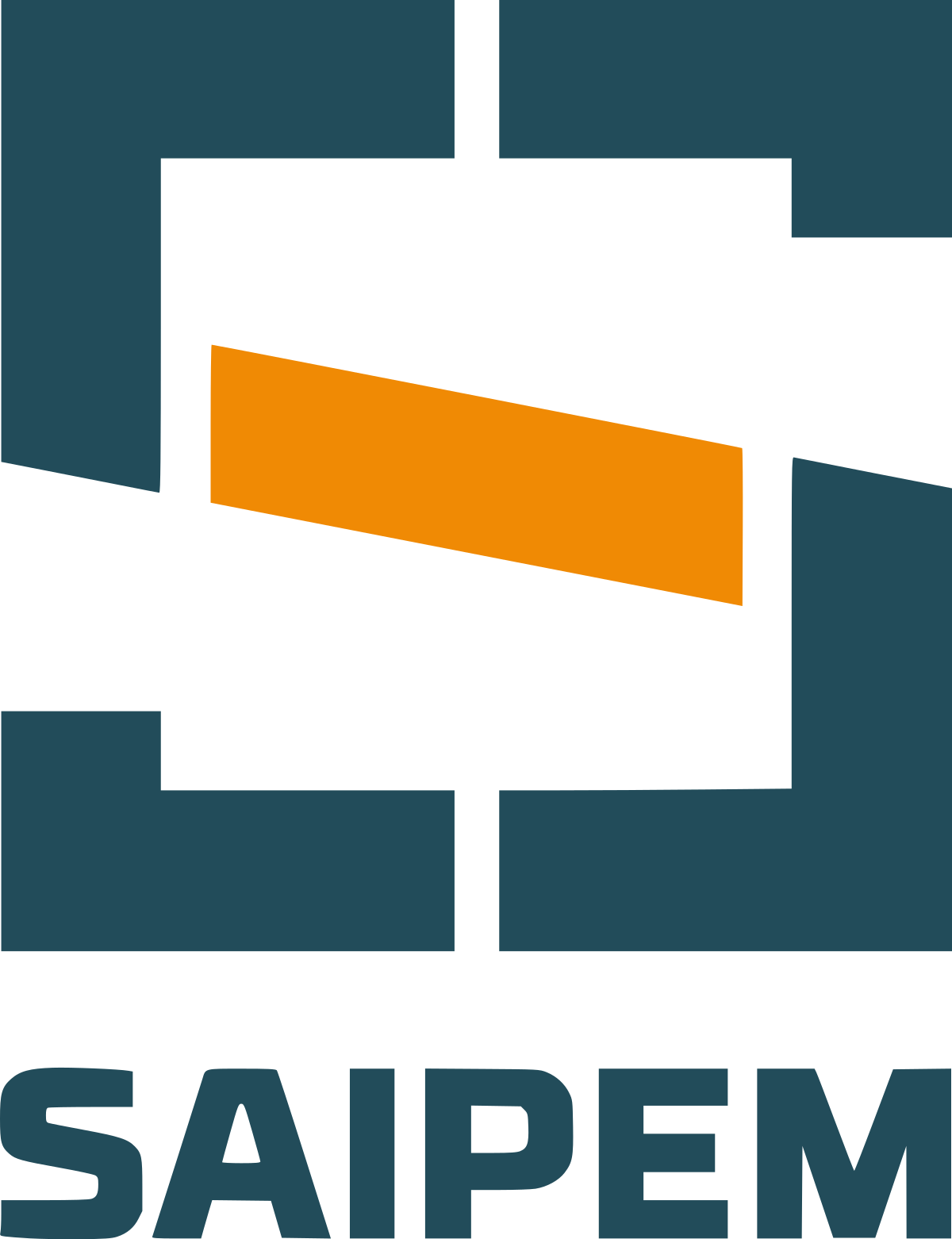
Provision of Assessor and Verifier training since 2011 to assist with the improvement and energising of company’s offshore competency scheme for Marine and Construction personnel. This has included some independent verification of portfolios.
Detailed consultancy during 2021 to review and update the CMS system in line with industry practice.
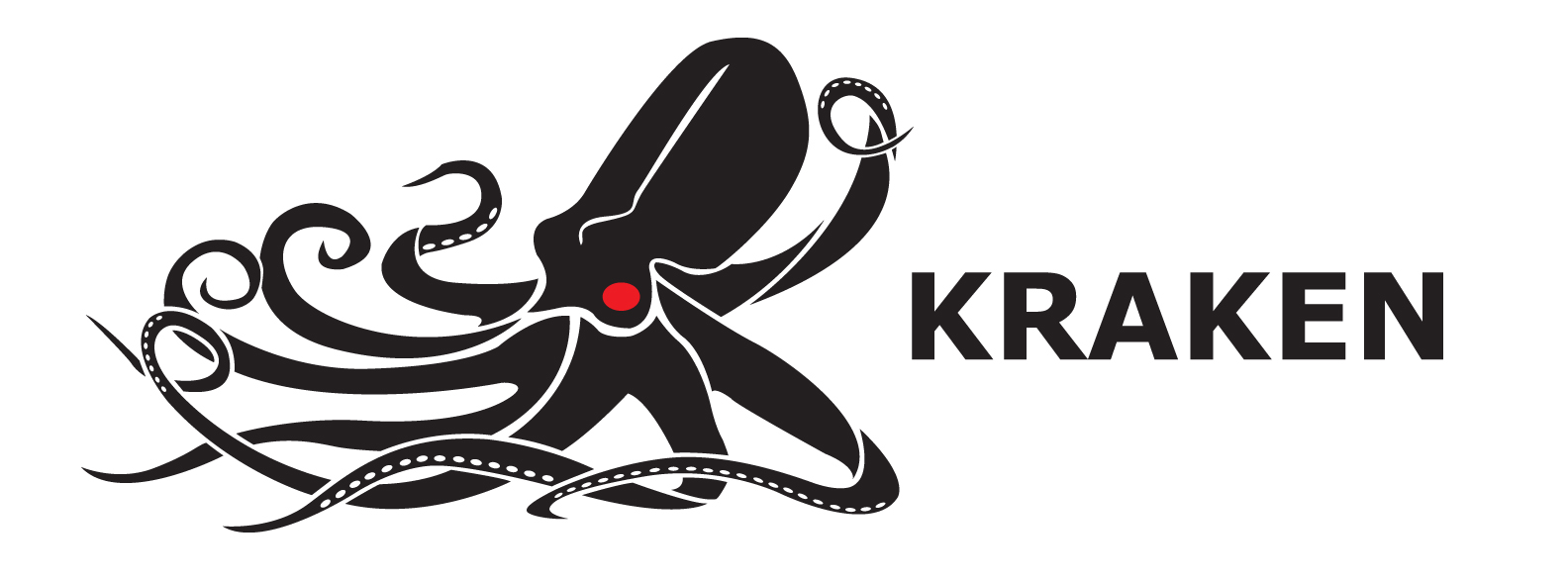 Integrated LMS and CMS
Integrated LMS and CMS• Development and hosting of organisation’s integrated LMS and CMS. This included the transition of traditional learning programmes online.
• Competencies developed and implemented online in line with IMCA framework.
• Provision of Assessor, Internal Verifier and Train the Trainer programmes to support learning drive.
• Currently working on Phase 3 of LMS and CMS project to cover new parent organisation’s operations.
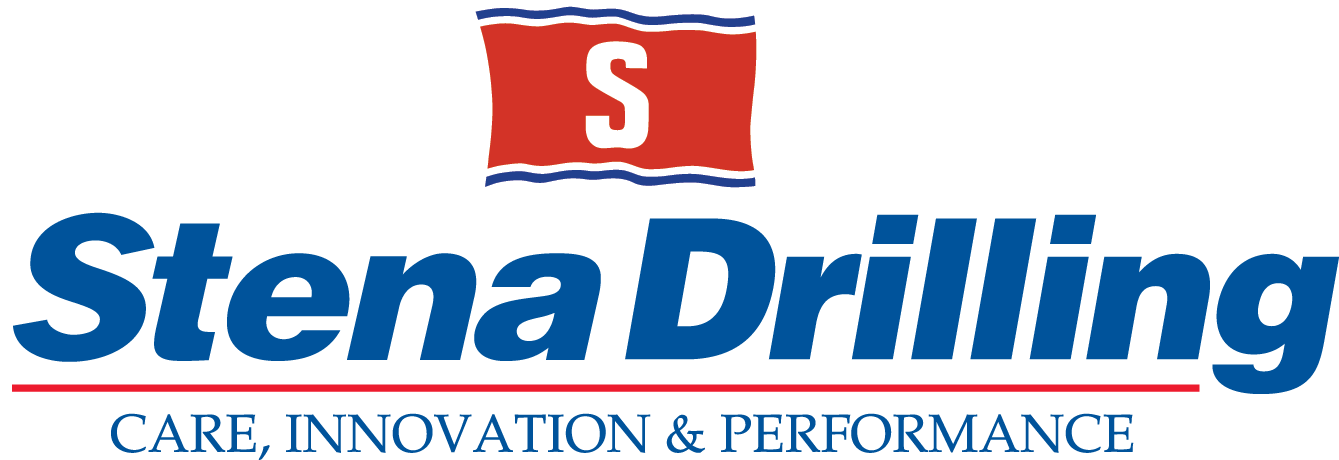
Stena Drilling were looking for specialist support as they revised their CMS to streamline and finalise their revised CMS prior to implementation.
Polaris Learning prepared and delivered a detailed review of the revised CMS and execution plan, working very closely with the CMS team.
This included a detailed review and benchmarking of their standards, assessment process, supporting procedures, alignment options and plans to update their online CMS system.
Development of online assessor training to mirror the revised CMS set-up.
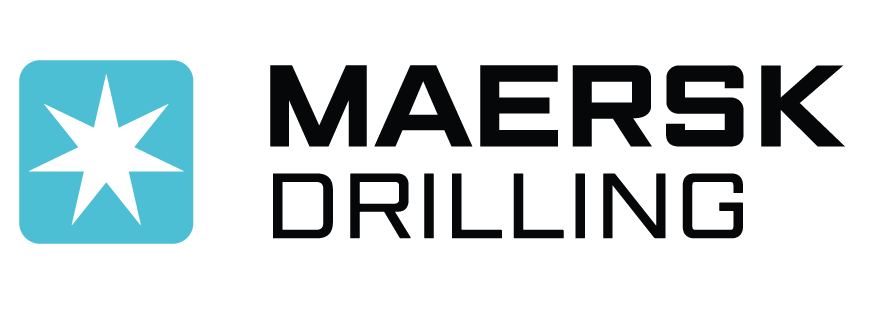
Our support for the client involved integrating diverse competency management systems into a singular, global one usable across 20+ rigs, accommodating individual rig variations. This effort was centred on the organisation’s performance standards derived from their barrier management strategy and integrated their on-the-job training framework.
This comprehensive approach was risk-based, aiming to streamline the competency management system for seamless movement between rig types and locations while effectively managing associated risks. We collaborated closely to implement their IT solution efficiently, facilitating the rollout of their revised competency management system.
Our involvement extended to providing verification expertise until the in-house verifiers were trained to take over the process. Additionally, we offered assessor and verifier training globally through our online learning portal, PLUS. This training was tailored to the client’s processes, translated into Scandinavian for the Norwegian market. The client was notably pleased with the substantial cost savings from this training route and its remarkable effectiveness.
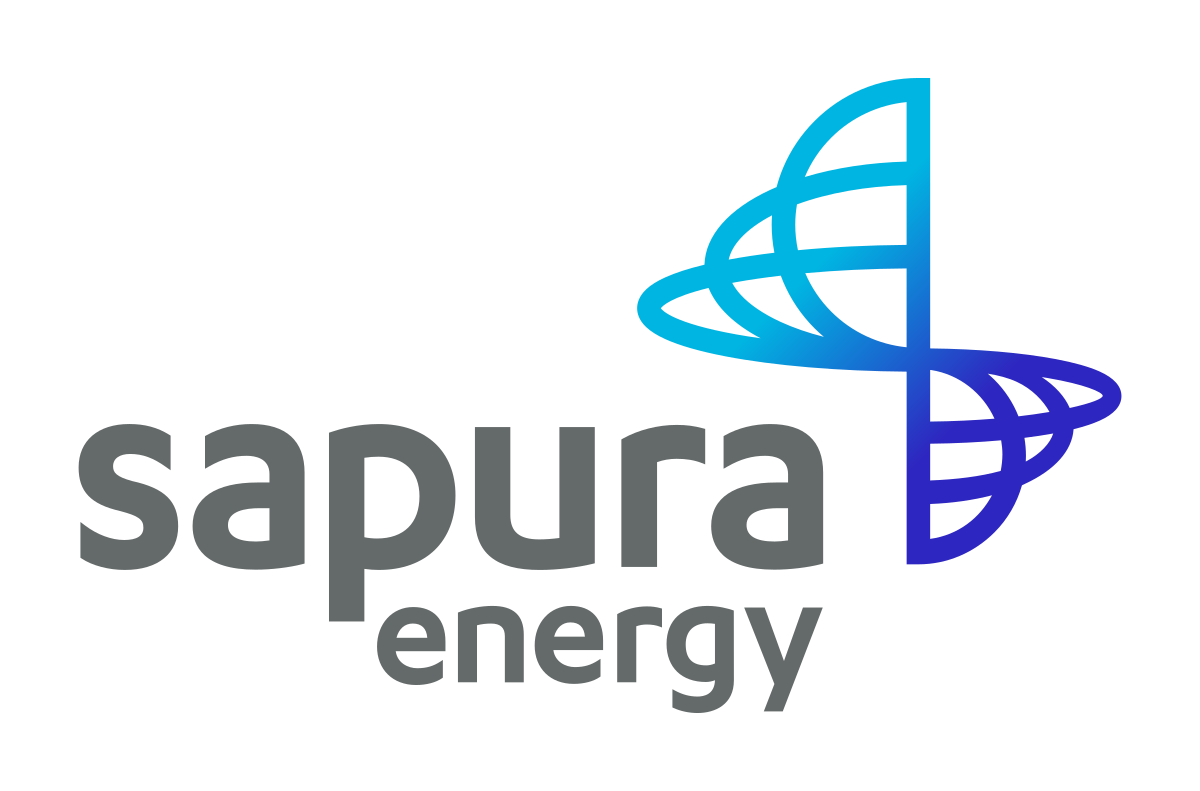
Since January 2015, we’ve collaborated with Sapura Kencana Drilling (SKD), initially training 500 assessors online through a program with a knowledge test. Subsequently, we extended this online training to verifiers, also incorporating a knowledge assessment. Recently, we further enhanced our support by offering a custom SCORM-compliant e-learning package designed specifically for assessors and verifiers. This tailored package is accessible through SKD’s learning management system, ensuring convenient and effective learning opportunities for their team.
In 2020, Polaris Learning engaged in a project to develop cloud-based competence solutions for agency contracting in Drilling and Well Services. Their task involved crafting a versatile framework that seamlessly integrates with clients’ CMS, ensuring comprehensive access and visibility to competence records. This CMS was meticulously designed to optimize crew efficiencies, acknowledging the varied competencies required for different rigs. Hosting this system on PLUS, their cloud-based platform, Polaris ensured its accessibility and reliability. Furthermore, they complemented this development by providing online training for assessors and internal verifiers.
 Well Operations Audit of Supply Chain
Well Operations Audit of Supply Chain• We have worked together on a wide range of projects.
• When the Oil & Gas UK Guidance on Competency for Wells Personnel were issued by the HSE we were asked to conduct a full independent audit across all positions affected by the Wells Competence guidelines.
• This was an extensive piece of work covering onshore and offshore production, operations, engineering, drilling and geology as well as offshore production and key contractors including a number of drilling contractors and well services companies providing critical positions.
• The audit included a full desktop audit of systems and paperwork as well as onshore and offshore visits to drilling contractors identified for audit.
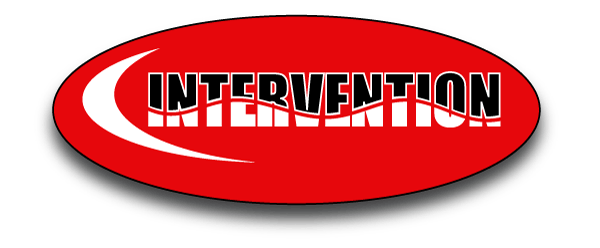
Transition of organisation’s CMS from paper to online format. Extension to cover other roles and services. Provision of SQA assessor training and third-party verification service.
